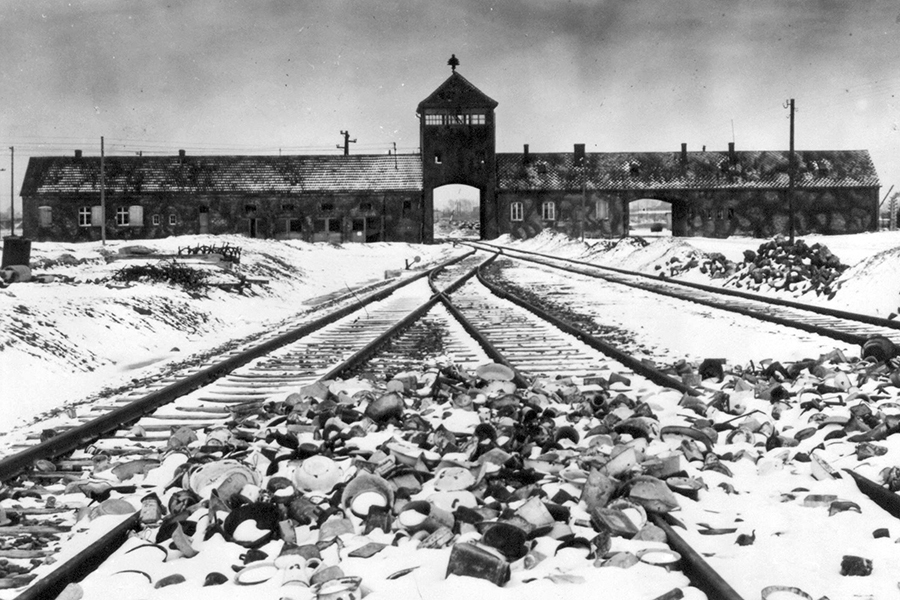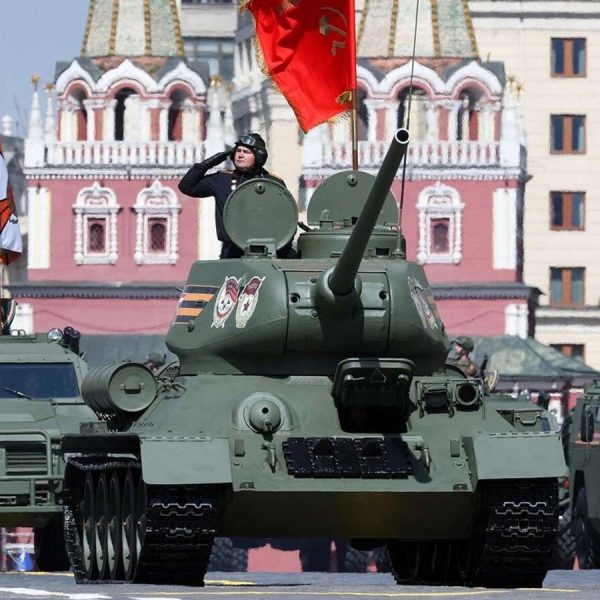GenghisKush
Well-known member
There are three (3) political entities that control Gaza borders:okay, you skipped over this post that didn't use a chatbot though:
under what definition? because under international law and the rome statute, yeah it can be defined as such. loosely sure because i don't think there are forced labor camps in gaza but nonetheless it's still the largest interment camp to as far as i'm aware to ever exist.
Gazans are held against their will in a fenced in area that is the most overcrowded overpopulated unemployed place on earth that is occupied by a foreign army that controls the points of entry and exit, and controls everything that goes on within including limiting their diets. These are civilian refugee descendents of the 1948 ethnic cleansing being held against their will without trial or due process simply for being Palestinian.
The West Bank is also under illegal occupation where Hamas does not operate.
The settlements are illegal, the occupations are illegal, the ethnic cleansing and apartheid is illegal. Israel has no ground to stand on.
They are breaching articles 6, 7, 8 of the Rome Statute
1. Israel
2. Egypt
3. Hamas
Your argument depends on the presumption that there is only one.
There are three.








